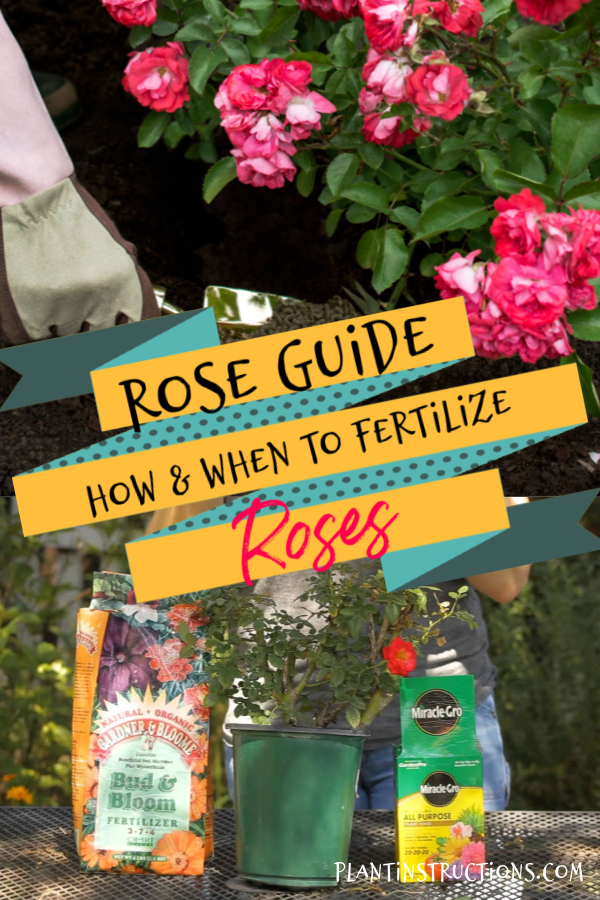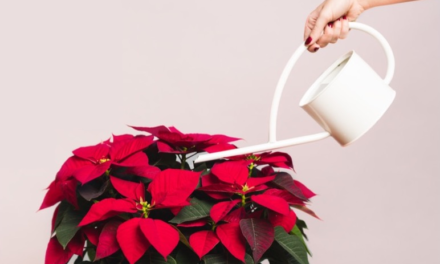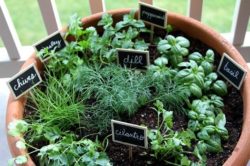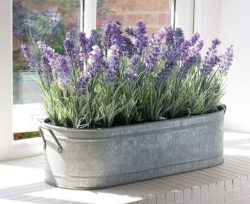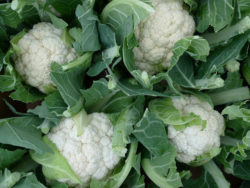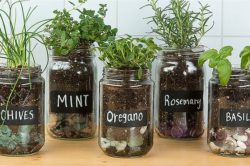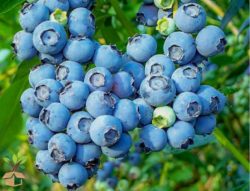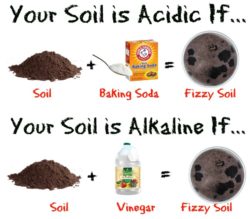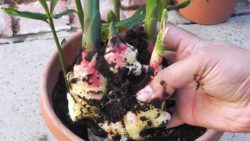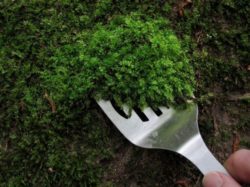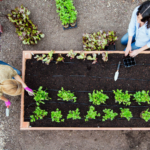If you grow your own roses, you'll already know that they are heavy feeders. If you're a beginner gardener, it's important to note that roses need a lot of food to thrive and bloom! This guide on how to fertilize roses will show you how to fertilize, when to fertilize, and with what for the best rose blooms ever!
Before we get into what roses need, it's crucial to know a little bit about plants and what they need to successfully grow. The three most important building blocks are: nitrogen (N), phosphorous (P), and potassium (K). These three are what you'll see most on any fertilizer packages, and are also called the N-P-K ratio.
How to Fertilize Roses The Correct Way
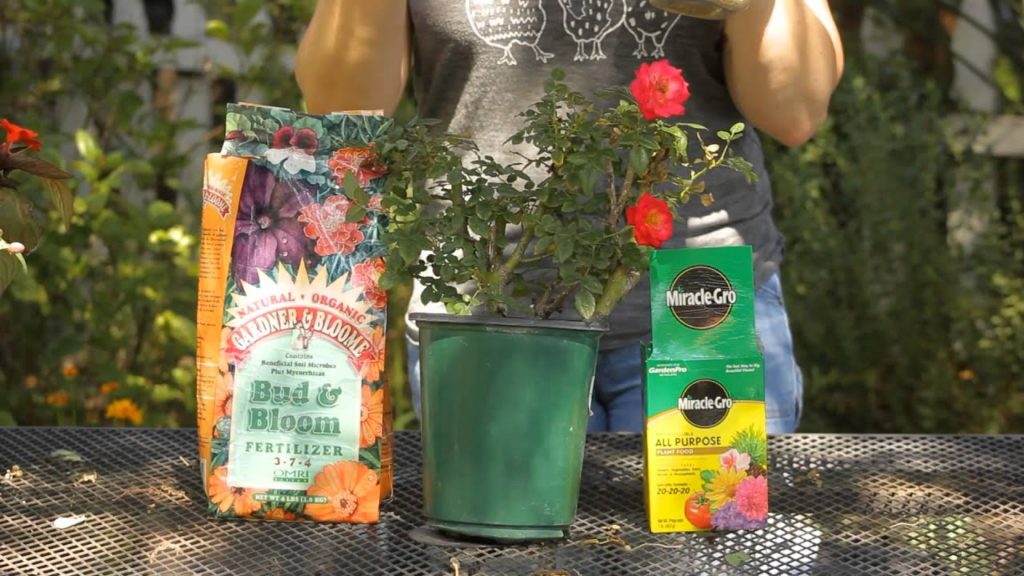
The N-P-K Ratio:
Nitrogen is responsible for helping shoots above ground. In short, it provides healthy, green growth. Roses especially need a good amount of nitrogen if they are to produce healthy, bright green foliage.
Phosphorous helps roots grow below ground. Basically, phosphorous aids in the production of roots and ensures flower production. Adding too little can cause foliage to be dull and weak, with slow bud formation.
Potassium helps plants all around. It's like the multi-vitamin of a fertilizer – it helps roses stay all around balanced.
Aside from the big three (phosphorous, nitrogen, and potassium), roses also need calcium, magnesium, sulfur, boron, copper, iron, manganese and zinc.
Choosing the Correct Fertilizer For Your Roses:
There are several different types of fertilize you can choose from when it comes to your roses, and ultimately, the choice is yours! The most important thing to remember though, is for the fertilizer to have a good balance of the above elements! Head to your local nursery or hardware store and check for rose-specific fertilizers!
Organic Fertilizers:
Organic fertilizers are part of the fertilizers that are basically all natural and obviously organic! This includes manure, compost, and other animal and plant products such as alfalfa sprouts and beans, bone meal, kelp extract, etc…)
These types of fertilizers are usually more expensive, but if you have access to natural products such as manure and compost (great if you live on a farm!), this may be the way to go for you!
You can choose from liquid or non-liquid organic fertilizers.
Non-Organic Fertilizers:
Synthetic or man-made fertilizers are also good for your roses, but they are not as great for the environment. They can be found easily at almost any nursery or hardware store and come in a number of different forms from liquid to slow release.
Whichever way you choose to fertilize, is up to you, as long as the fertilize is completely balanced and has all of the above elements!
When to Fertilize Roses:
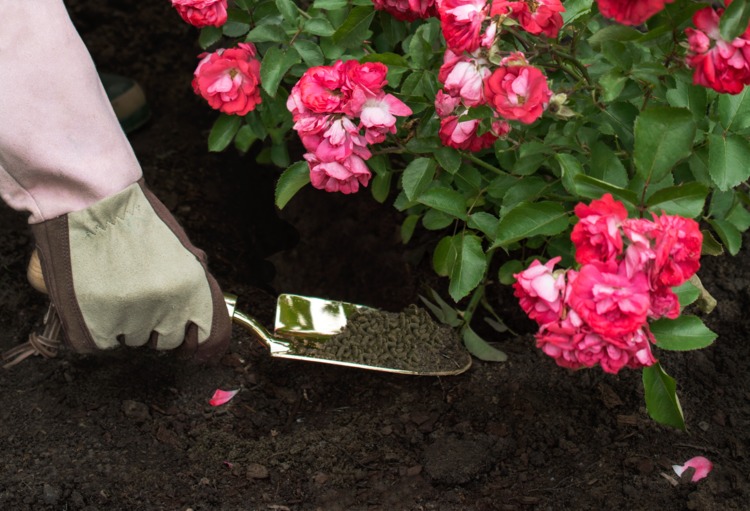
Usually the rule of thumb for roses is to fertilize every 4-6 weeks during the growing season.
Begin the first fertilization once you have 4-6 inches of new growth and can see the first real leaflet that contains 5-7 leaves. There is no specific date as it all depends on the weather. Wait until all danger of frost has passed before feeding!
Stop fertilizing 8 weeks before the first frost. This is especially true if you live in a colder climate, as this allows any tender new growth to harden off and reducing frost damage.
Apply liquid fertilizer if you see your roses are in not-so-great shape. This will give them a quick boost of health!
In the fall, apply fertilizer with little or no nitrogen such as bone meal or rock phosphate. This will help promote growth for next year.
Pro Tips:
- Fertilize young rose plants using a liquid fertilize. Granular fertilizers can be a little hard on young, first year plants.
- If you're growing roses in containers, fertilize them with a water-soluble or liquid fertilizer more frequently.
- Miniature roses should only be given liquid fertilizer, and for the duration of their lives.
- If you're using compost or mulch, this may take away some of the roses' nitrogen. Add extra nitrogen if need be.
- Learn more about how to grow roses!
Like this post? Share, Pin, and Comment Below 🙂
